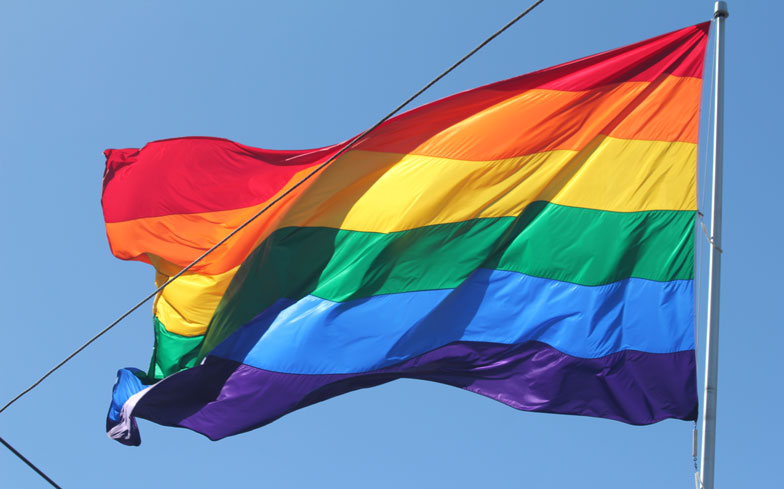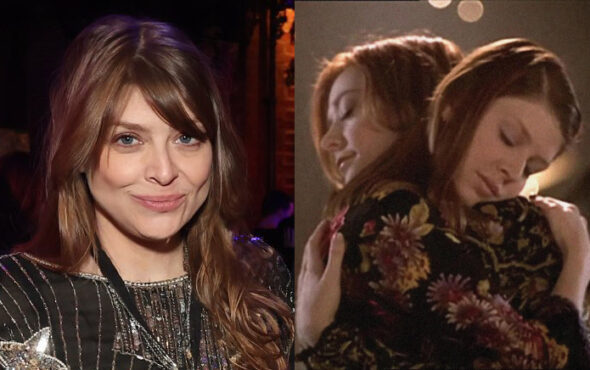
As of October 28, people who discriminate based on sexual orientation and gender expression can face legal penalties including fines or imprisonment.
“I hope this is just a start,” said Manila City Mayor, Isko Moreno, as gender discrimination is now banned in the Filipino capital city.
Mayor Moreno signed Ordinance No. 8695, also known as the Manila LGBTQ+ Protection Ordinance of 2020, which “protects the rights of lesbians, gays, bisexuals, transgenders, queers and intersex (LGBTQ+) in the city of Manila against any and all forms of discrimination solely on the basis of sexual orientation, gender identity, expression.”
Manila has joined Quezon City in undertaking anti-discrimination ordinances to combat prejudice and gender discrimination across the Philippines.
“There will be long painstaking processes that we need to achieve, but at the very least that we can do for you, is that our local government be with you,” Moreno continued in a statement.
Following the new regulations, it is illegal to deny or limit access to an employee, promotion opportunities, transfer, training, education, and refuse employment “on the basis of actual or perceived sexual orientation and gender identity and expression.”
Manila’s new ordinance bans groups and activities that impose discrimination against a person’s sexual orientation, gender identity, and expression. The progressive move will also offer repercussions for those who post verbal or written insults, including those posted on social media.
The political and cultural impact of the LGBTQ+ Protection Ordinance also incites change at a governmental level, including the creation of the Manila Gender Sensitivity and Development Council (MGSDC).
This new initiative will include a chairperson, a vice-chairperson, an executive director, and 10 members of the board for a technical working group. The role of this council involves monitoring complaints regarding the anti-LGBTQ+ discrimination ordinance, aiding victims of discrimination, documenting any cases, and actively review existing policies.
“Everybody should be treated equally, respected, understood and be shown compassion,” Moreno said. “In Manila, there are no poor, no middle class, no rich, no gays, no man and no woman. We are all equal here. We will not allow discrimination.”



